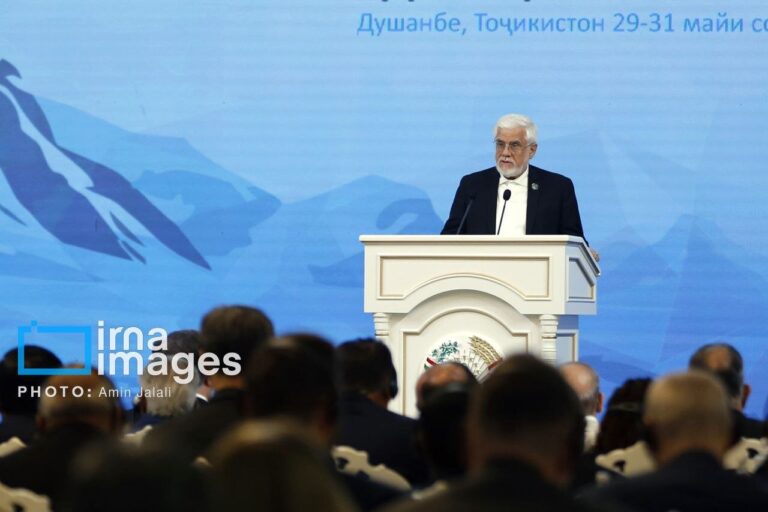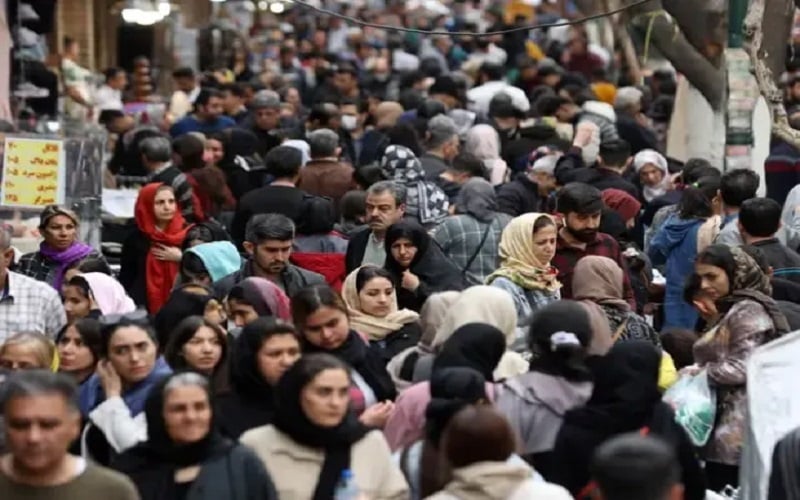
Similar Posts
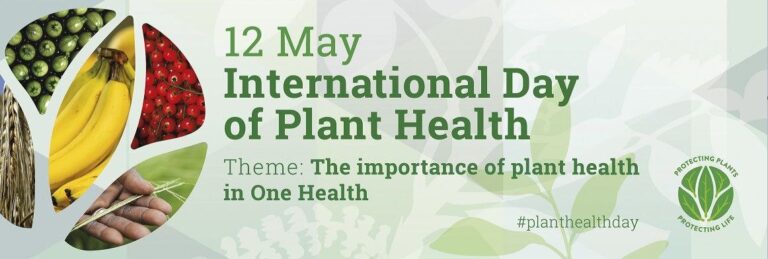
Guarding Greenery: How Safeguarding Plants Saves Lives!
Plant health is crucial for food security, biodiversity, and environmental well-being. As primary producers, plants supply 80% of our food and 98% of our oxygen, highlighting their importance in sustaining life. However, neglect has led to significant plant extinction rates and crop losses due to pests, threatening global food systems. The overuse of pesticides exacerbates biodiversity loss and environmental pollution. To address these issues, the UN established May 12 as the International Day of Plant Health, urging collective action. Protecting plants promotes economic resilience, combats climate change, and supports clean water, making their health vital for a sustainable future.
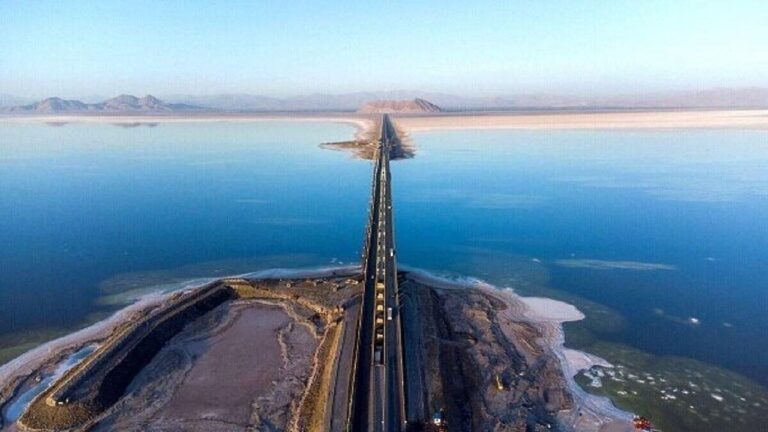
Lake Urmia Shrinks: Impact of Low Rainfall on Iran’s Vanishing Treasure
Lake Urmia, the largest lake in West Asia, is experiencing a critical decline due to reduced precipitation, shrinking from 1,350 square kilometers to 1,140 square kilometers since last year. The lake’s water level has dropped to 1270.28 meters, with its volume decreasing from 1.8 billion cubic meters to 1.63 billion. Factors such as climate change and overconsumption of water resources have disrupted its ecological balance. To combat this crisis, a UNDP-led project aims to promote sustainable agriculture and conserve wetlands from 2024 to 2028. Ongoing restoration efforts emphasize the need for effective water management to preserve this vital ecosystem.

Top Global Markets for Iranian Nanotech Products: Which Countries Are Leading the Charge?
Iran has emerged as a global leader in nanotechnology through significant investments in research and development, becoming a key producer and exporter of nanotechnology products across 13 categories, including civil engineering, pharmaceuticals, and electronics. Its geographical proximity to target markets, particularly in neighboring countries like Iraq and Afghanistan, enhances trade relations and reduces transportation costs. Major export sectors include construction, health products, and home appliances, with increasing demand for nano-based medicines. Iran ranks fourth worldwide in nanotechnology publications and exports approximately 89.6% of its products to Asia, solidifying its position in the global nanotechnology market.
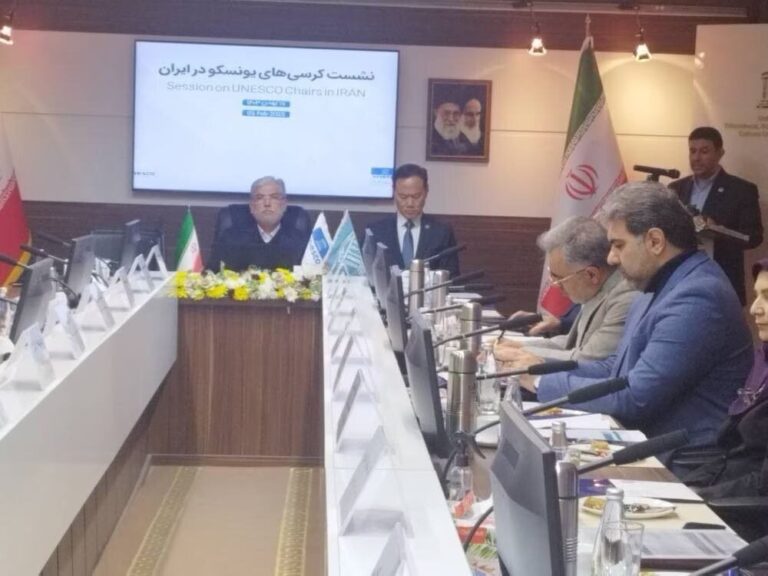
Iran Leverages UNESCO Chairs to Boost Scientific Diplomacy and Global Collaboration
Iran is advancing global scientific collaborations through its 18 UNESCO Chairs, which cover diverse fields such as education and natural sciences. The inaugural meeting of these chairs, organized by the Iranian National Commission for UNESCO, emphasized their role in fostering research and knowledge exchange. Minister Hossein Simaei-Sarraf highlighted the need for increased support and expansion beyond Tehran. Despite challenges like financial constraints, Iran excels in areas like nanotechnology and artificial intelligence. UNESCO officials underscored the importance of these chairs in addressing global issues and promoting peaceful dialogue, while discussions focused on overcoming budget constraints and supporting conflict-affected regions.
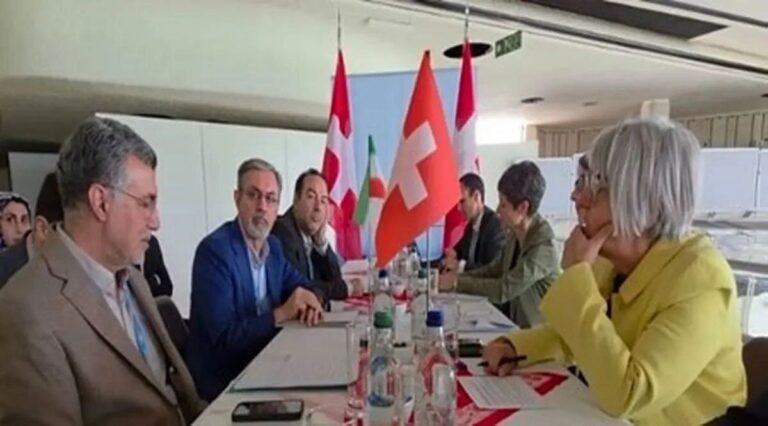
Iran Explores Enhanced Health Collaborations with Switzerland and Saudi Arabia
At the 78th World Health Assembly in Geneva, Iranian Health Minister Mohammad-Reza Zafarqandi discussed enhancing health cooperation with Swiss and Saudi counterparts. He emphasized expanding collaboration with Switzerland, focusing on a joint economic committee meeting in September, and supporting Swiss companies in Iran. Zafarqandi and Saudi Health Minister Fahad bin Abdurrahman Al-Jalajel signed a memorandum of understanding to strengthen health diplomacy, targeting areas like global health security and smart hospitals. The assembly, themed “One World for Health,” addresses pressing global health challenges, with Zafarqandi presenting insights on Iran’s health system and engaging with various countries to bolster international ties.
